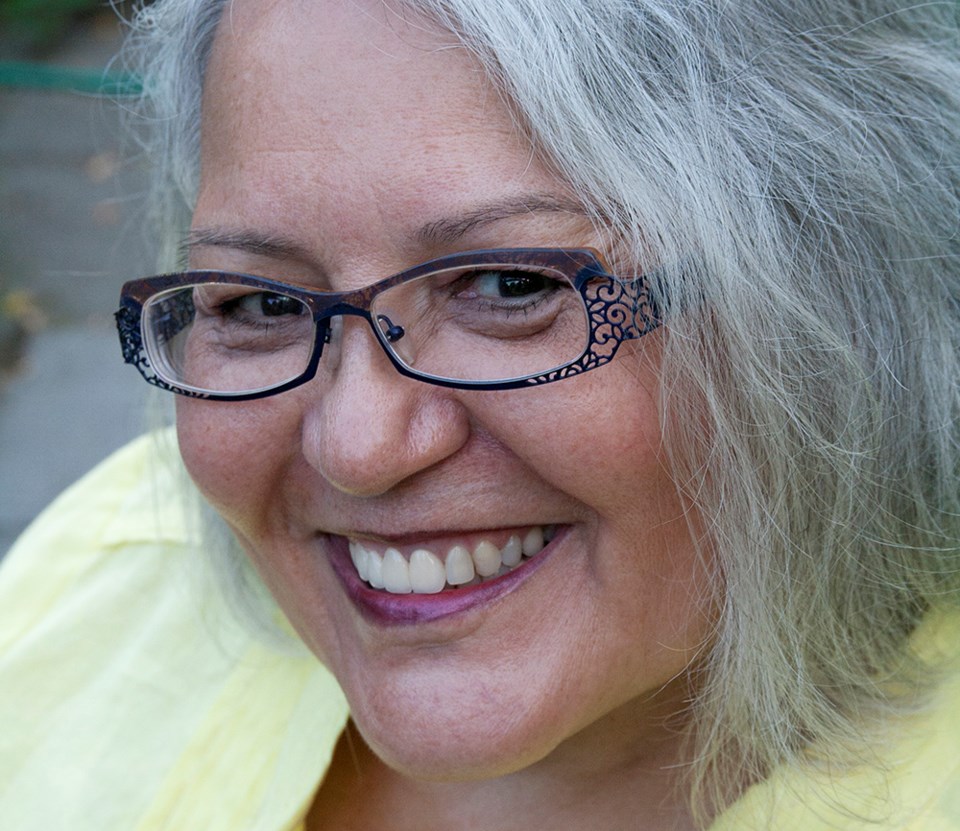Jónína Kirton’s email inbox has been flush with invitations to present her writing, but she hasn’t accepted all of the offers. The reasons that Kirton, an emerging Indigenous Métis author and Vancouver Writers Festival guest, has turned down some of the invites are nuanced: it’s not because she can’t keep up.
“I don't turn them down entirely because I don't have time. I'm also aware [that] nobody wants to be [Joseph] Boyden right now,” she says. “I don't want to be the person that's always being asked. I want to share that space.”
The controversy Kirton is referencing surrounds whether or not Canadian author Joseph Boyden is right to claim an Indigenous identity (given his changing claims of ancestry), and how much space he has taken up in the media spotlight. The questioning caused conflict in the tight-knit world of Canadian literature, and in the wake, there have been calls from Indigenous authors for more opportunities to share their work.
Although Kirton says she has seen an uptick in invites and calls for submission, she’s also in a balancing act, meaning that turning down an invite (and referring the offer to another Indigenous writer) is a fraught decision for her and fellow Indigenous authors.
“It's in conflict with where we’re at as authors, as emerging authors, who, of course want to sell books,” she says. “Every opportunity that we get is a good thing for us, but now I'm turning things down because I don't want to take up all the air time.”
The 62-year old writer and facilitator has just released her second book of poetry, An Honest Woman, which she will be reading from at the Vancouver Writer’s Feston Oct. 21. The book touches on her own experience of growing up in a violent home with a white mother and a Métis father.
“The Métis identity is ever-changing,” she says. “I just got here. I just claimed my Métis status 17 years ago – this after a lifetime of family denial about who we were, after the loss of our language and culture. My grandmother stopped speaking her language – presented herself as French,” Kirton explains.
The writers festival says it is addressing the need for Indigenous representation at a time when the issue is front and centre, but artistic director Hal Wake says this year’s author selection process was not influenced by conversations about Indigenous representation stemming from the Boyden controversy, and that the festival has had “significant representation for years.”
He adds that authors are selected from lists provided by publishers, who play an important role in funding authors’ travel costs and thus making the festival possible.
In previous years, Wake says, the festival held events looking at reconciliation and next steps within Canada.
This year the festival is hosting an event called Original Inhabitants, Original Voices, on Oct. 18, which looks at how other countries are addressing Indigenous rights. Māori author Witi Ihimaera, Indigenous Austrialian writer Ali Cobby Eckermannand Leanne Betasamosake Simpson,a Michi Saagiig Nishnaabeg writer from Ontario, will be speaking on a panel.
• Jónína Kirton will read poems from An Honest Woman on Saturday Oct. 21 at 2 p.m. at the Waterfront Theatre (1412 Cartwright St.). Tickets $18.75 - $23.75. Original Inhabitants, Original Voices takes place on Wednesday, Oct. 18 at 8:30 p.m. at the Waterfront Theatre (1412 Cartwright St.). Tickets $18.75 - $23.75.
Note: This article has been updated since it was originally published to reflect the fact that when Kirton declines an offer, she usually refers the request to another Indigenous writer.


